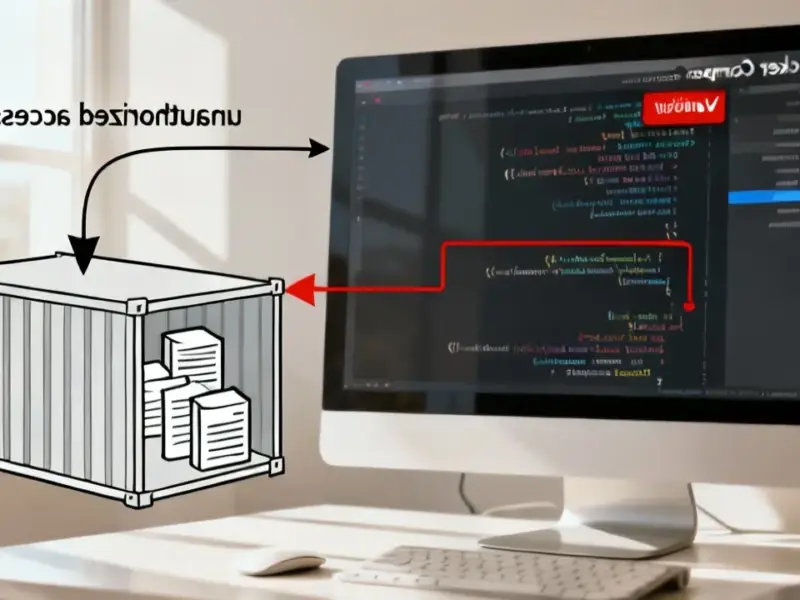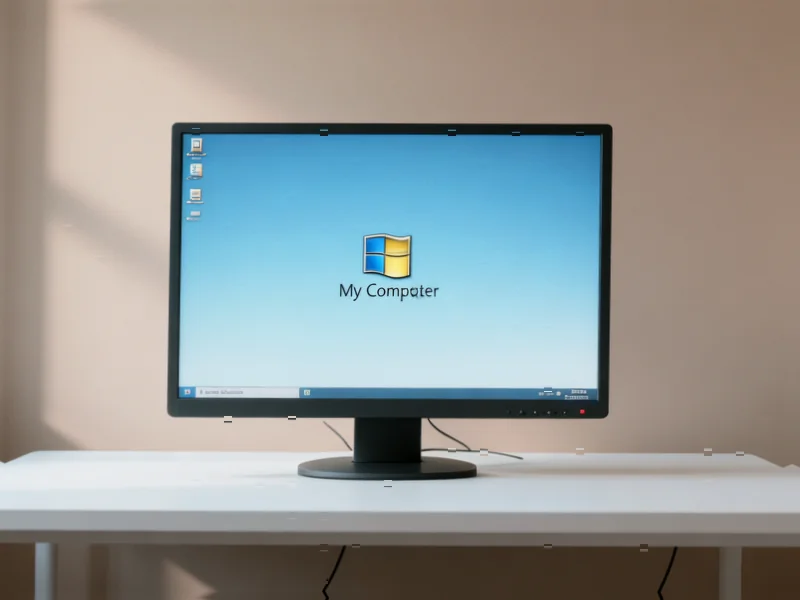According to Guru3D.com, TerraMaster is preparing to begin internal testing of its latest NAS operating system, TOS 7, which was officially unveiled at the end of October. The new release represents one of the company’s most extensive updates in recent years, built on Linux kernel 6.12 with more than 50 new functions and 1,000 detailed optimizations. Key improvements include a claimed 60% increase in operational efficiency, 120% better search accuracy, and up to tenfold faster retrieval speeds compared to TOS 6. The system introduces built-in document editing for Word, Excel, and PowerPoint files directly within the web interface, alongside redesigned icons covering nearly 90% of the interface and enhanced remote access through the upgraded TNAS.online network. TerraMaster is currently recruiting internal testers through its official website, with public beta expected after successful internal testing concludes. This substantial upgrade signals TerraMaster’s strategic ambitions in the competitive NAS market.
The Enterprise Pivot Strategy
TerraMaster’s TOS 7 represents a calculated move upmarket from consumer-focused storage solutions toward small business and prosumer segments. The built-in document editing feature directly targets a pain point for business users who frequently need to access and modify Office files remotely. By eliminating the download-edit-upload workflow, TerraMaster is positioning itself as a productivity platform rather than just storage hardware. This strategic shift mirrors moves by competitors like Synology and QNAP, but TerraMaster’s approach appears focused on capturing the value-conscious business segment that finds premium solutions cost-prohibitive. The timing is strategic as remote work continues to be prevalent, creating sustained demand for accessible collaboration tools that don’t require expensive cloud subscriptions.
Market Positioning Against Established Players
TerraMaster faces an uphill battle against established NAS giants who have deeper enterprise relationships and more mature ecosystems. However, their strategy with TOS 7 appears to be differentiation through user experience and accessibility. The claimed 60% operational efficiency improvement and dramatically faster search performance target specific frustrations users experience with competing systems. By focusing on interface modernization and workflow optimization rather than just adding features, TerraMaster is attempting to win through superior user experience rather than feature parity. This approach could be effective in capturing users frustrated with the complexity of competing systems, particularly in the small business segment where IT resources are limited.
Revenue Streams and Business Model Evolution
The TOS 7 upgrades suggest TerraMaster is preparing to diversify beyond hardware sales into potential software and services revenue. The enhanced TNAS.online network for remote access could evolve into a subscription service, similar to what competitors offer for their remote access solutions. Built-in document editing, while currently positioned as a feature, could eventually become a premium add-on or gateway to other productivity tools. More importantly, by creating a more polished user experience, TerraMaster increases customer retention and brand loyalty, which translates to repeat hardware purchases and potential market share growth. The company’s investment in such a substantial software overhaul indicates they see software differentiation as key to maintaining hardware margins in an increasingly competitive market.
Execution Challenges and Market Realities
While the feature set is impressive on paper, TerraMaster faces significant execution risks. The company’s track record with software stability and security hasn’t always matched hardware quality, and a major OS overhaul introduces potential compatibility issues and bugs. The recruitment of internal testers suggests TerraMaster is aware of these risks and taking a cautious approach. Additionally, the NAS market is becoming increasingly crowded with cloud storage providers offering similar collaboration features at competitive price points. TerraMaster must demonstrate that their local storage advantage combined with these new features provides tangible value over cloud alternatives. The success of TOS 7 will ultimately depend on real-world performance and reliability, not just feature specifications.




